Ellen Page explains how she was aggressively outed as gay on the set of X Men
‘You should fuck her to make her realise she’s gay’
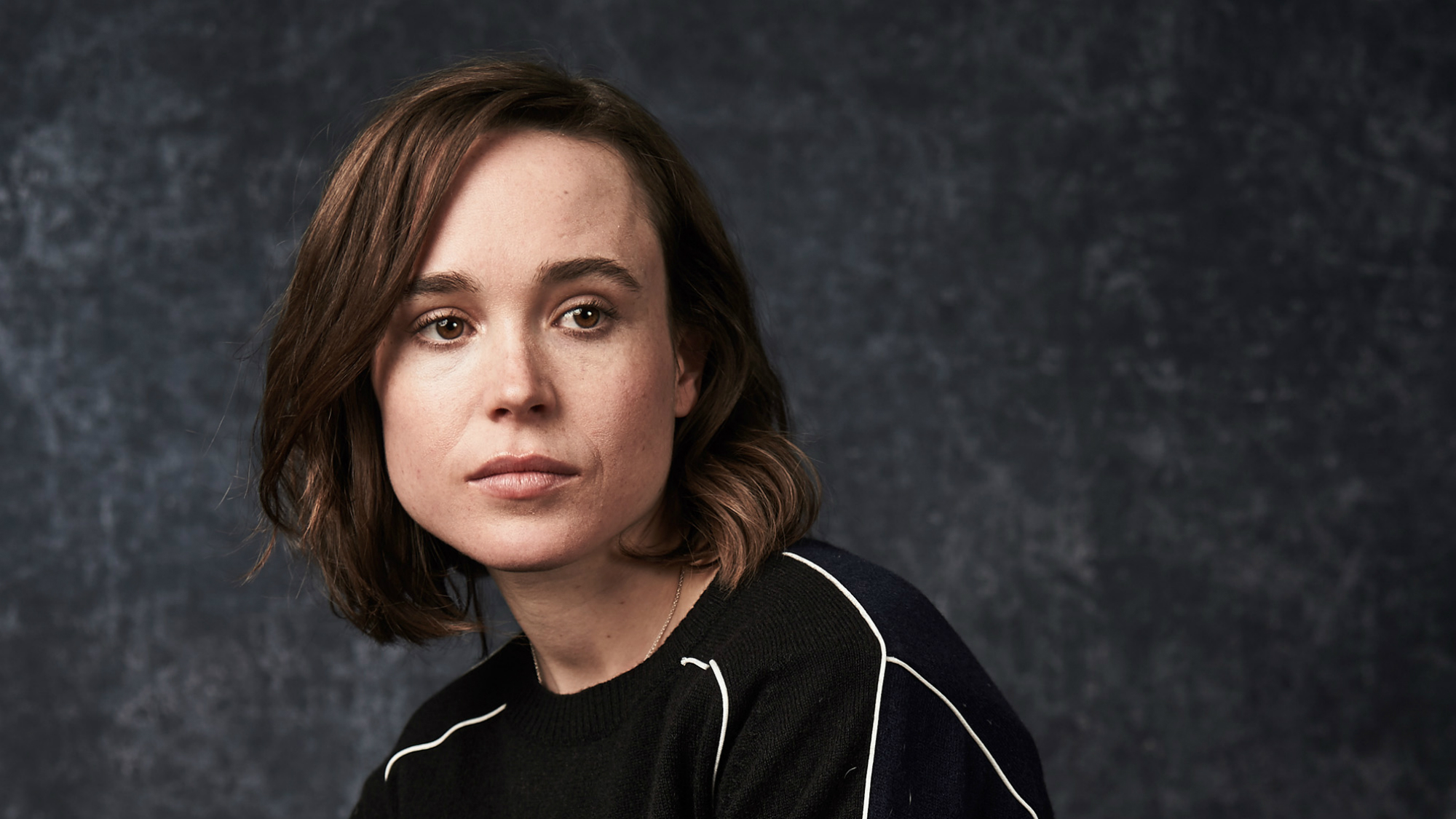

‘You should fuck her to make her realise she’s gay’
Hollywood producer Brett Ratner has made headline news this month as six women (including Olivia Munn) have come forward to accuse him of sexual harassment and in some cases, assault. It has come to the point where Gal Gadot has refused to sign on for Wonder Woman’s sequel where she plays the starring role, if the producer isn’t fired from the project.
While multiple women have been coming forward to share their experiences of sexual harassment with the 48-year-old film producer, actress Ellen Page took to her Facebook account to share a different form of harassment that she suffered at the hands of Ratner, explaining how he publicly outed the actress as gay before she was ready when they worked together on X Men in 2006.
'“You should fuck her to make her realize she’s gay.” He said this about me during a cast and crew “meet and greet” before we began filming, X Men: The Last Stand,' Ellen Page posted to her Facebook page this weekend. 'I was eighteen years old. He looked at a woman standing next to me, ten years my senior, pointed to me and said: “You should fuck her to make her realize she’s gay.” He was the film’s director, Brett Ratner.'
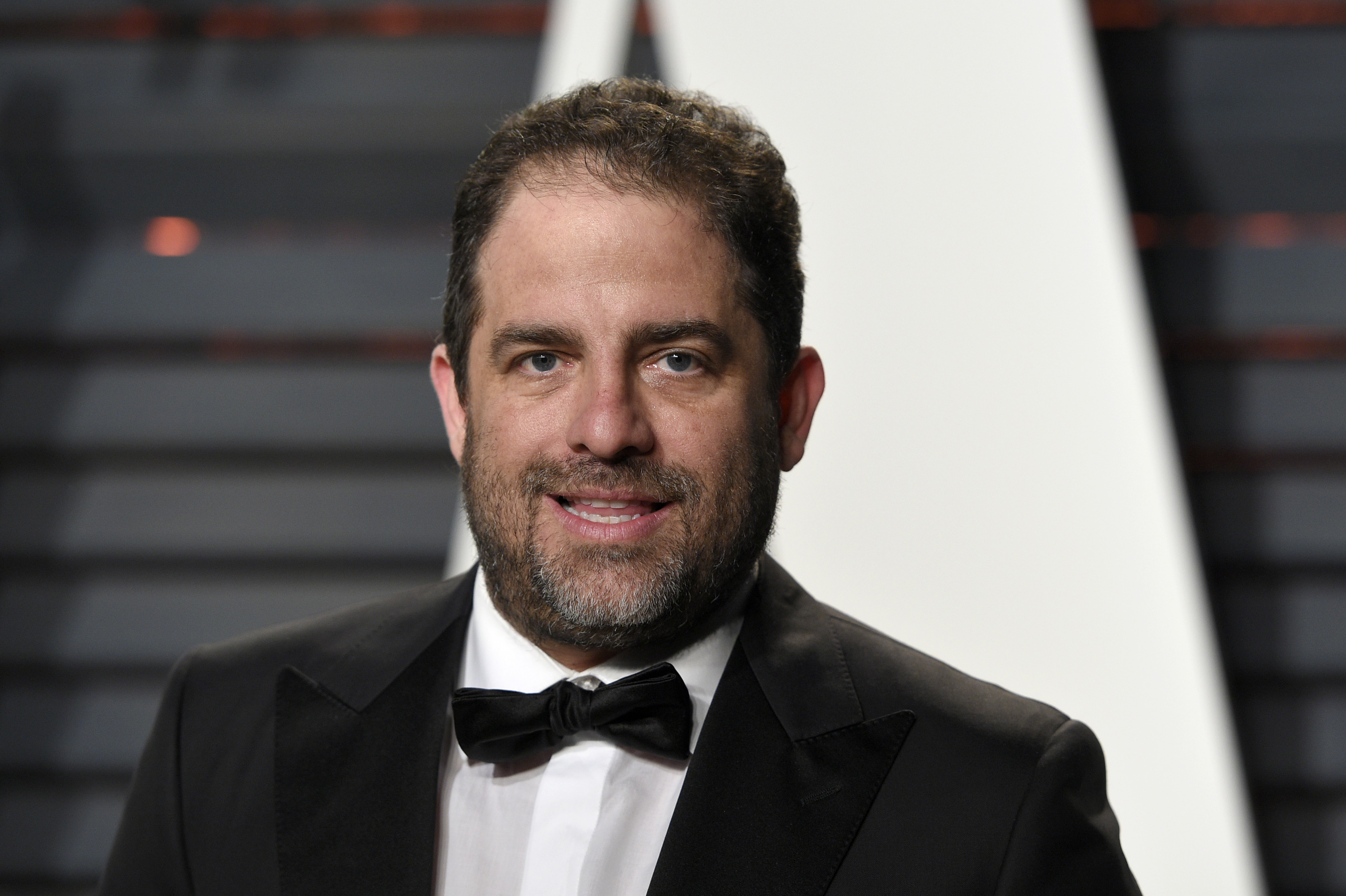
Going on to recount the experience in full, Page continued: 'I was a young adult who had not yet come out to myself. I knew I was gay, but did not know, so to speak. I felt violated when this happened. I looked down at my feet, didn’t say a word and watched as no one else did either. This man, who had cast me in the film, started our months of filming at a work event with this horrific, unchallenged plea. He “outed” me with no regard for my well-being, an act we all recognize as homophobic. I proceeded to watch him on set say degrading things to women. I remember a woman walking by the monitor as he made a comment about her “flappy pussy”'.
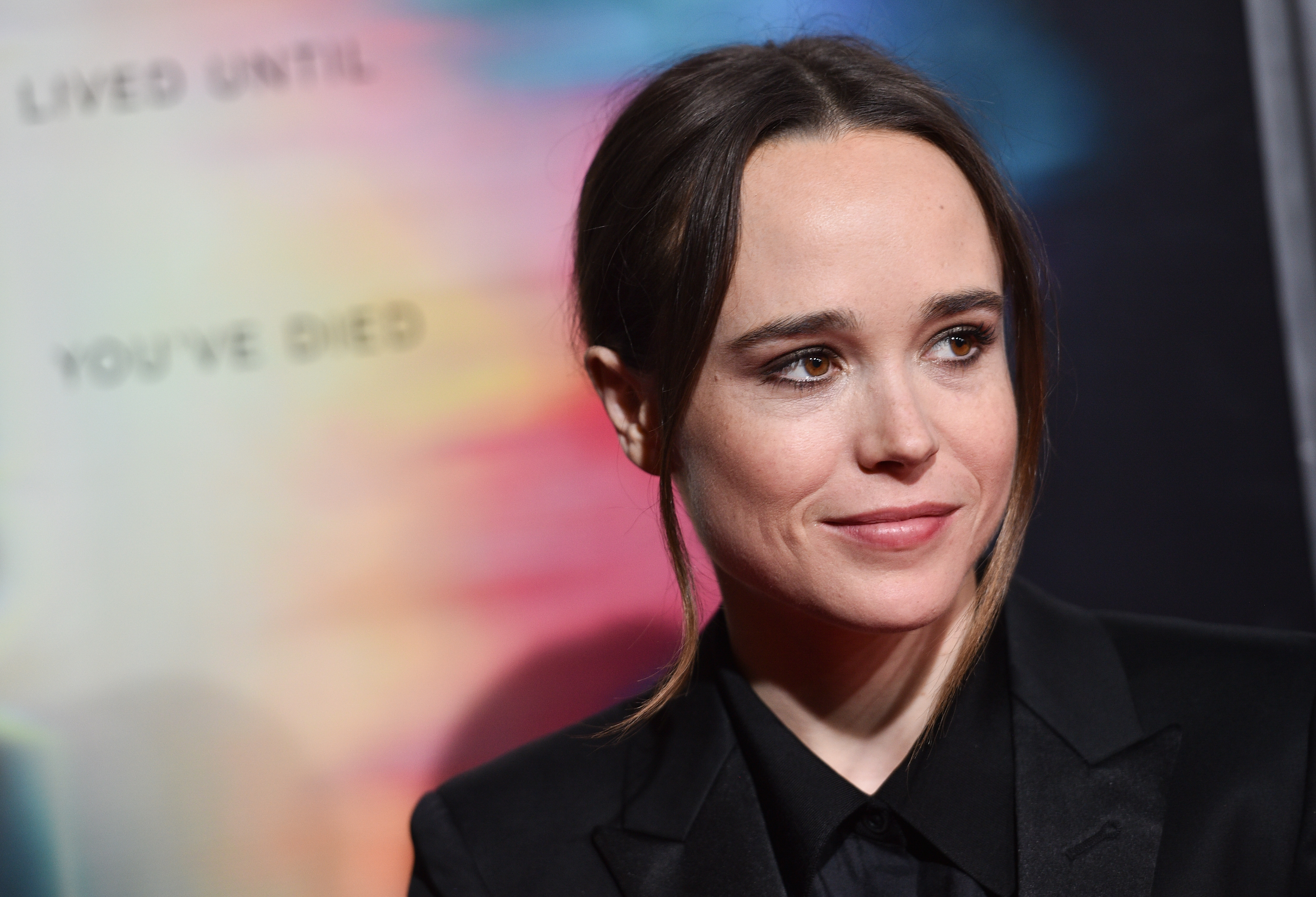
'We are all entitled to come into an awareness of our sexual orientation privately and on our own terms. I was young and although already a working actor for so long I had in many ways been insulated, growing up on film sets instead of surrounded by my peers. This public, aggressive outing left me with long standing feelings of shame, one of the most destructive results of homophobia. Making someone feel ashamed of who they are is a cruel manipulation, designed to oppress and repress. I was robbed of more than autonomy over my ability to define myself. Ratner’s comment replayed in my mind many times over the years as I encountered homophobia and coped with feelings of reluctance and uncertainty about the industry and my future in it. The difference is that I can now assert myself and use my voice to to fight back against the insidious queer and transphobic attitude in Hollywood and beyond. Hopefully having the position I have, I can help people who may be struggling to be accepted and allowed to be who they are –to thrive. Vulnerable young people without my advantages are so often diminished and made to feel they have no options for living the life they were meant to joyously lead.'
The 30-year-old actress went on to explain the friction between the two of them, explaining 'I got into an altercation with Brett at a certain point. He was pressuring me, in front of many people, to don a t-shirt with “Team Ratner” on it. I said no and he insisted. I responded, “I am not on your team.”' She continued: 'Later in the day, producers of the film came to my trailer to say that I “couldn’t talk like that to him.” I was being reprimanded, yet he was not being punished nor fired for the blatantly homophobic and abusive behaviour we all witnessed. I was an actor that no one knew. I was eighteen and had no tools to know how to handle the situation.'
Marie Claire Newsletter
Celebrity news, beauty, fashion advice, and fascinating features, delivered straight to your inbox!
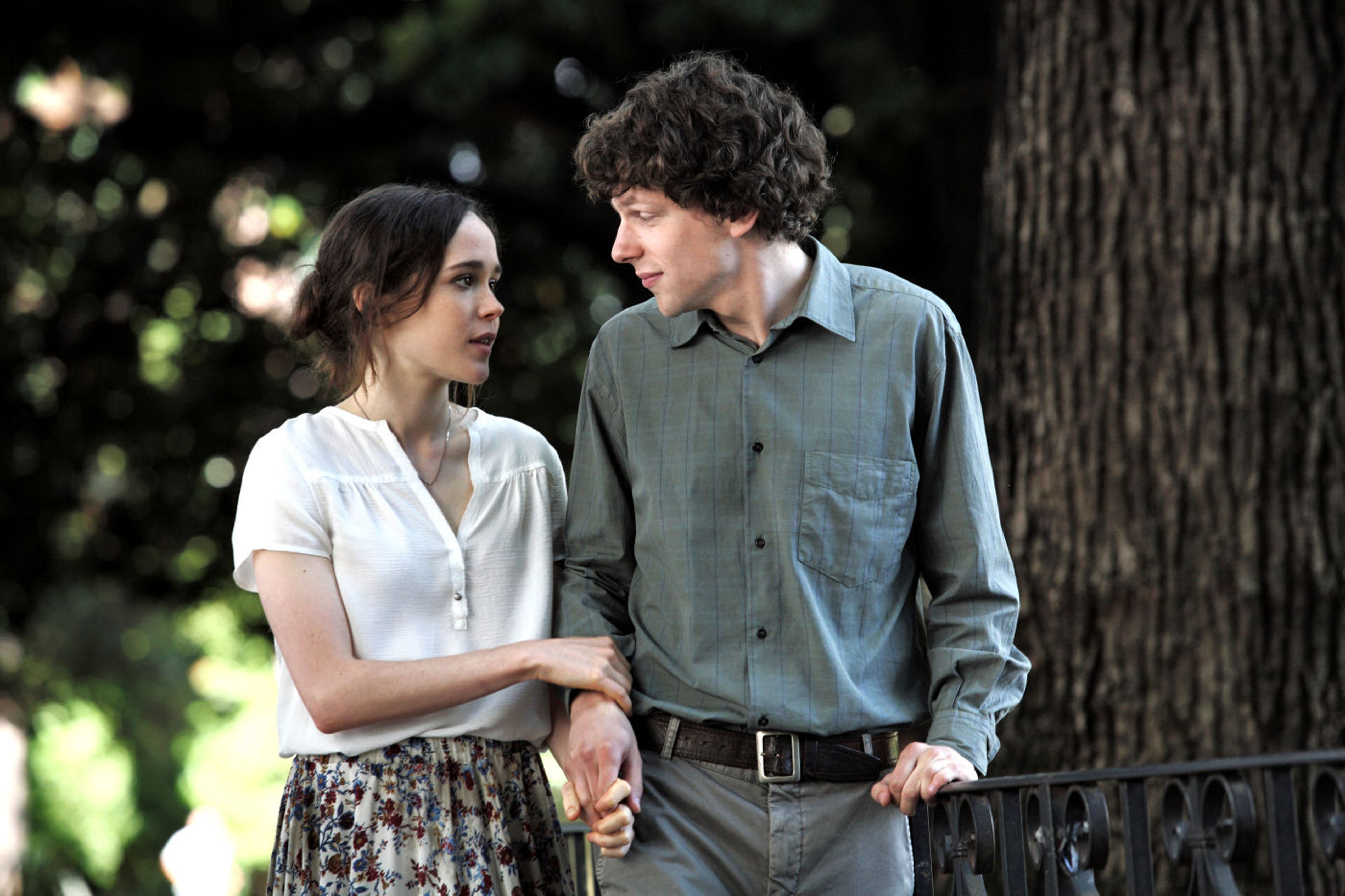
'I have been a professional actor since the age of ten. I’ve had the good fortune to work with many honourable and respectful collaborators both behind and in front of the camera. But the behaviour I’m describing is ubiquitous. They (abusers), want you to feel small, to make you insecure, to make you feel like you are indebted to them, or that your actions are to blame for their unwelcome advances.
When I was sixteen a director took me to dinner (a professional obligation and a very common one). He fondled my leg under the table and said, “You have to make the move, I can’t.” I did not make the move and I was fortunate to get away from that situation. It was a painful realisation: my safety was not guaranteed at work. An adult authority figure for whom I worked intended to exploit me, physically. I was sexually assaulted by a grip months later. I was asked by a director to sleep with a man in his late twenties and to tell them about it. I did not. This is just what happened during my sixteenth year, a teenager in the entertainment industry.'
Explaining how she wants these men to be rid their power and face what they have done, Page went on send an empowering message to others, encouraging them to take a stand. 'What are we afraid to say and why can’t we say it? Women, particularly the most marginalised, are silenced, while powerful abusers can scream as loudly as they want, lie as much as they want and continue to profit through it all.'
She concluded her post: 'This is a long awaited reckoning. It must be. It’s sad that “codes of conduct” have to be enforced to ensure we experience fundamental human decency and respect. Inclusion and representation are the answer. We’ve learned that the status quo perpetuates unfair, victimising behaviour to protect and perpetuate itself. Don’t allow this behaviour to be normalised. Don’t compare wrongs or criminal acts by their degrees of severity. Don’t allow yourselves to be numb to the voices of victims coming forward. Don’t stop demanding our civil rights. I am grateful to anyone and everyone who speaks out against abuse and trauma they have suffered. You are breaking the silence. You are revolution.'
Thank you for sharing your experience Ellen Page, you continue to empower and inspire us.

Jenny Proudfoot is an award-winning journalist, specialising in lifestyle, culture, entertainment, international development and politics. She has worked at Marie Claire UK for seven years, rising from intern to Features Editor and is now the most published Marie Claire writer of all time. She was made a 30 under 30 award-winner last year and named a rising star in journalism by the Professional Publishers Association.
-
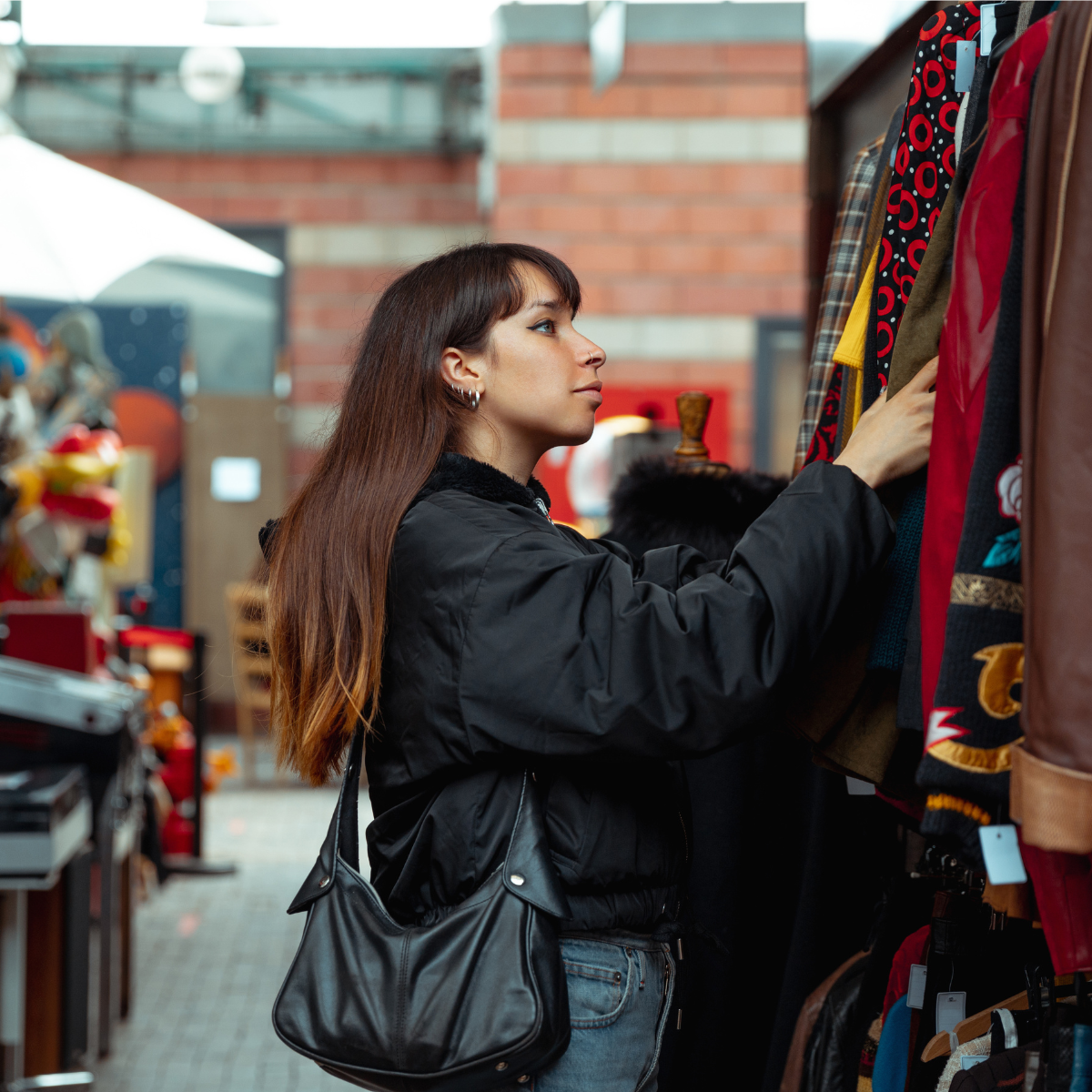 Vintage sales, flower festivals and unique brunches - 7 fun and frivolous things to do this bank holiday
Vintage sales, flower festivals and unique brunches - 7 fun and frivolous things to do this bank holidayBy Jadie Troy-Pryde
-
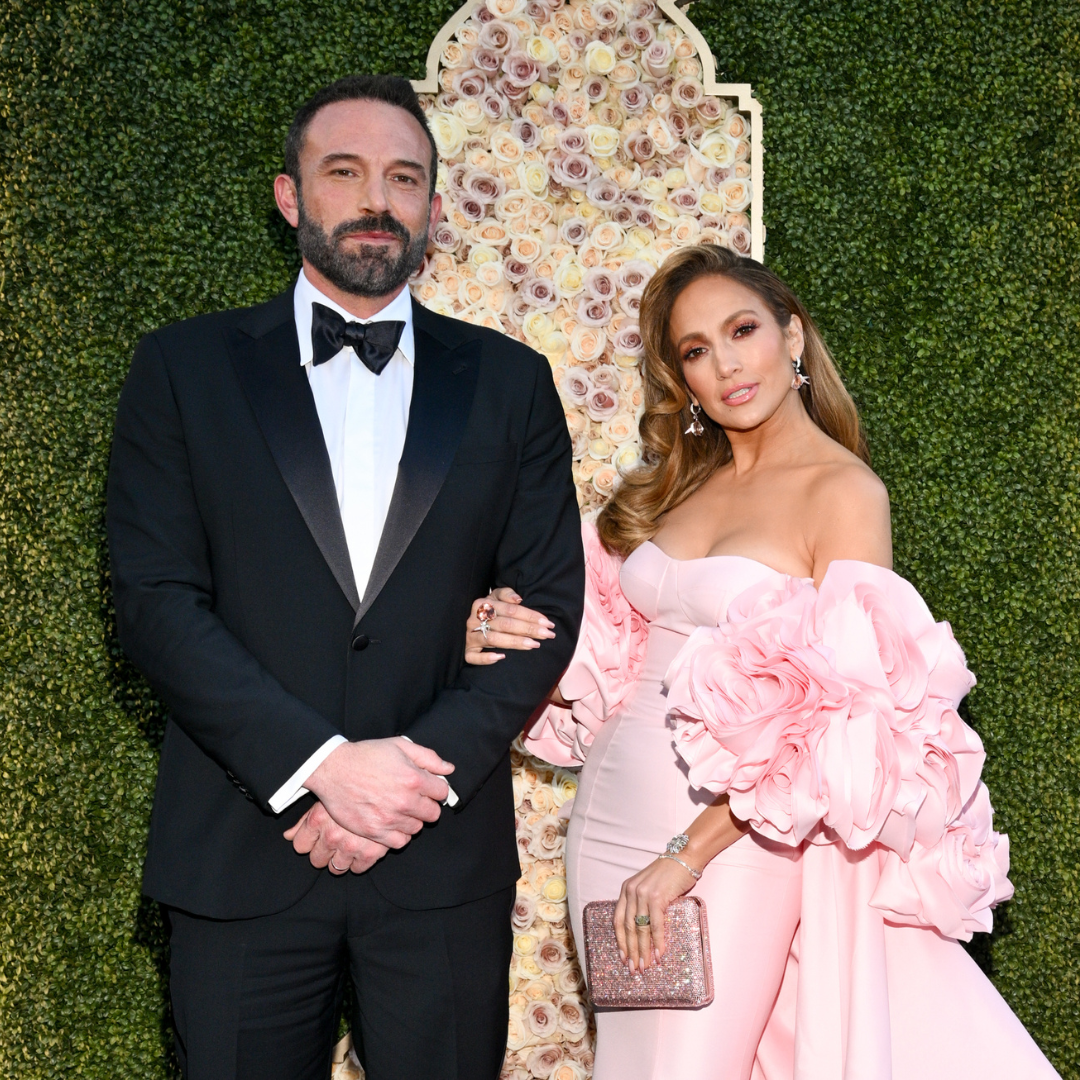 How Ben Affleck feels about dating after his divorce from Jennifer Lopez
How Ben Affleck feels about dating after his divorce from Jennifer LopezHe's taking it slow
By Iris Goldsztajn
-
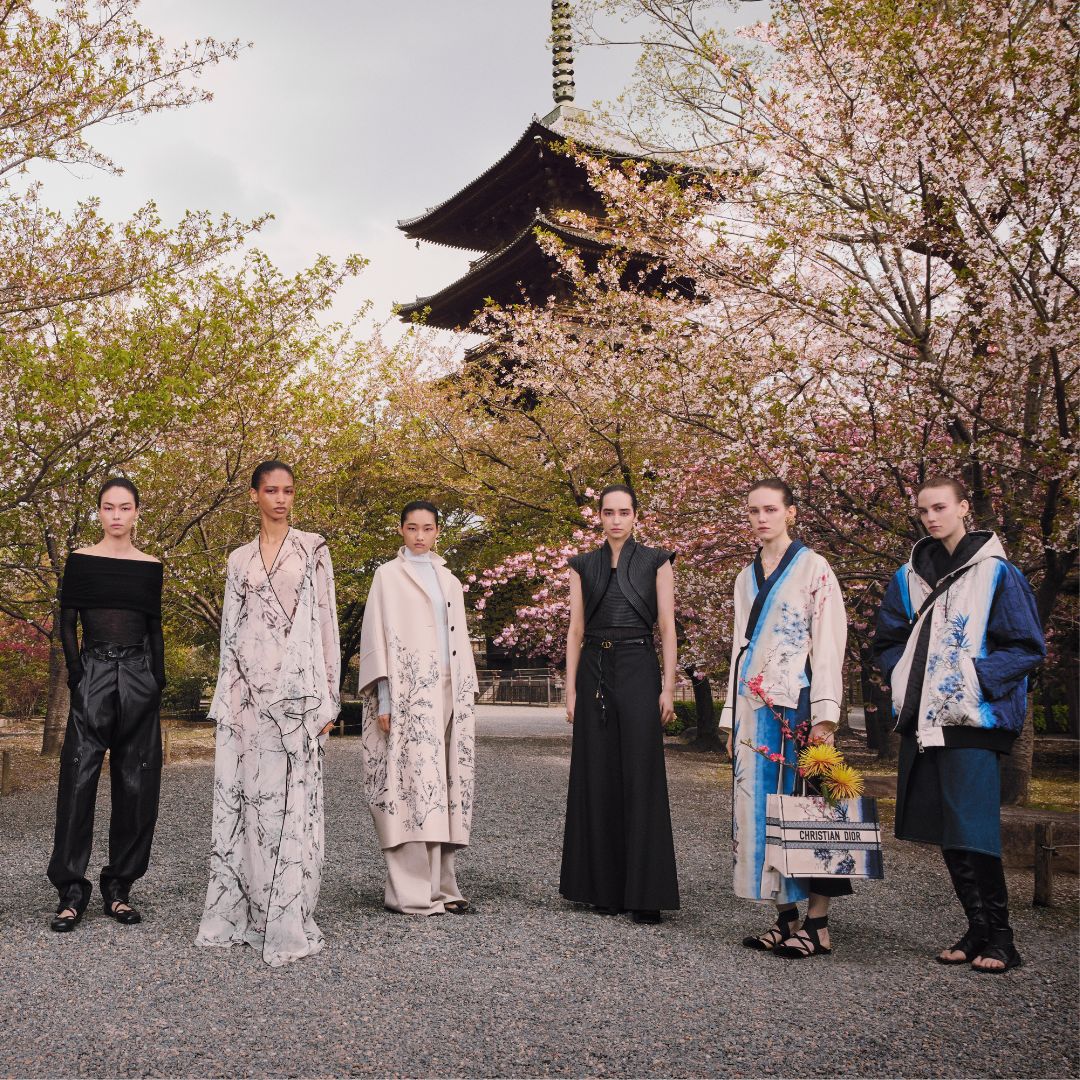 Dior travels to Kyoto for a cherry blossom-inspired fashion show
Dior travels to Kyoto for a cherry blossom-inspired fashion showHere's everything you need to know
By Clementina Jackson